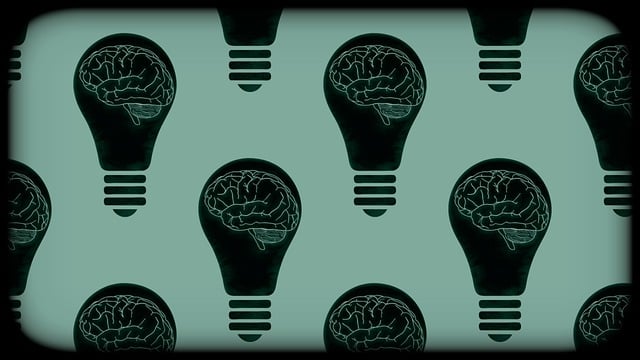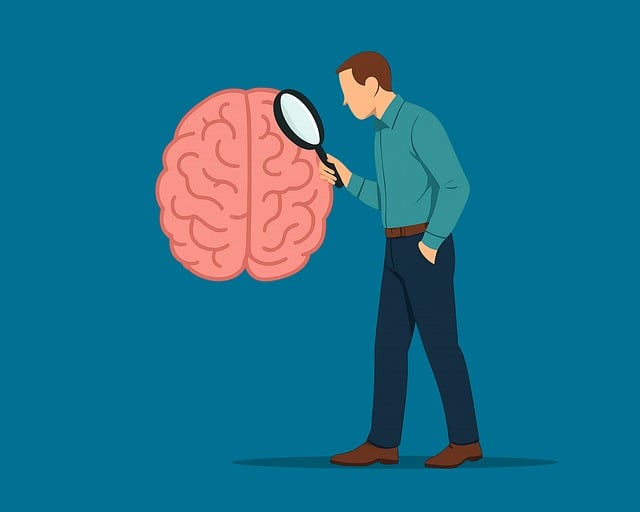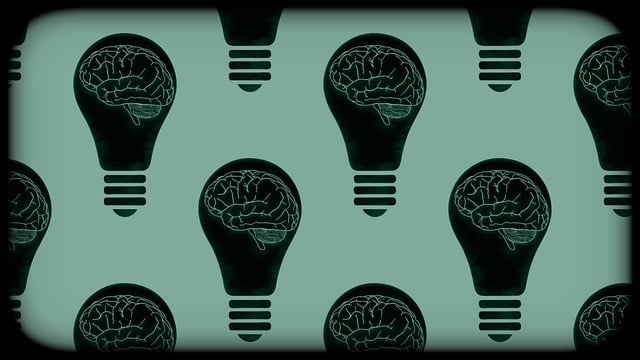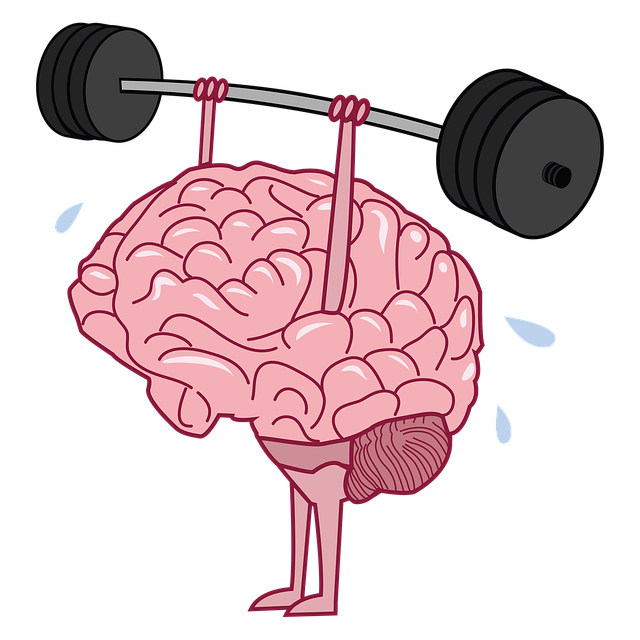Mental wellness coaching offers a holistic therapy option tailored for adults and blended families, addressing unique mental health challenges beyond disorder-specific treatment. Coaches focus on improving self-awareness, building resilience, and teaching effective coping strategies through personalized sessions that include social skills training and individual self-care routines. This approach empowers individuals to manage their mental health proactively, fostering confidence and resilience in navigating life's challenges with improved quality of life. Tailored coaching programs significantly enhance mental well-being in blended families by addressing specific dynamics like step-parent relationships and fostering healthy communication. Success is measured using diverse assessment tools that capture both subjective and objective markers of client improvement.
Mental wellness coaching programs are gaining prominence as a holistic approach to supporting adults and blended families. This article delves into the development of such programs, exploring key strategies from understanding mental wellness coaching to integrating traditional therapy with modern techniques. We discuss tailoring interventions to unique needs and emphasize the benefits for blended families. Furthermore, we examine assessment tools and continuous improvement methods to enhance well-being, offering valuable insights for professionals seeking to optimize their coaching practices in serving diverse populations.
- Understanding Mental Wellness Coaching: A Holistic Approach to Adult and Blended Family Support
- Tailoring Programs for Unique Needs: Strategies for Effective Coaching Interventions
- Integrating Traditional Therapy with Modern Techniques: Benefits for Blended Families
- Measuring Success and Enhancing Well-being: Assessment Tools and Continuous Improvement in Coaching Programs
Understanding Mental Wellness Coaching: A Holistic Approach to Adult and Blended Family Support

Mental wellness coaching is a holistic approach designed to support adults and blended families, addressing their unique mental health challenges. Unlike traditional therapy that often focuses on identifying and treating specific disorders, coaches utilize a broader perspective, emphasizing overall well-being. This method fosters personal growth by enhancing self-awareness, building resilience, and promoting effective coping strategies.
Through tailored sessions, coaches help individuals develop essential skills like social skills training to facilitate healthier relationships and improve communication. They also guide clients in creating personalized self-care routines for better mental health management. By boosting confidence and empowering individuals to take control of their mental wellness, these coaching programs offer a transformative experience, enabling adults and blended families to navigate life’s challenges with increased resilience and improved quality of life.
Tailoring Programs for Unique Needs: Strategies for Effective Coaching Interventions

In developing mental wellness coaching programs, one of the most effective strategies is tailoring interventions to meet unique individual and familial needs. This involves a comprehensive assessment process that delves into clients’ backgrounds, including their family structures, such as blended families, to understand the multifaceted challenges they face. By acknowledging these complexities, coaches can design personalized programs that address specific issues like coping skills development and mental health awareness, fostering a more inclusive and effective therapy for adults navigating diverse family dynamics.
Blended families, for instance, often present unique social and emotional challenges due to step-parents, half-siblings, and blended siblings adjusting to one another. Coaches can integrate mindfulness meditation techniques into their programs to help individuals manage stress, improve communication, and cultivate empathy within these complex familial relationships. This tailored approach ensures that coaching interventions are not only effective but also resonate deeply with clients, enhancing the overall mental wellness journey.
Integrating Traditional Therapy with Modern Techniques: Benefits for Blended Families

In today’s fast-paced world, mental wellness coaching programs are evolving to meet the diverse needs of families, especially blended ones. Integrating traditional therapy methods with modern techniques offers a comprehensive approach to supporting adults and their families navigate the complexities of contemporary life. While conventional talk therapy has long been the cornerstone of mental health care, incorporating innovative strategies like stress management workshops and empathy-building exercises can significantly enhance outcomes for blended families.
This blend of old and new allows therapists to tailor interventions to address specific challenges faced by these families, such as managing step-parent dynamics, fostering healthy communication, and preventing depression. By combining evidence-based practices with cutting-edge techniques, mental wellness coaching programs can create a supportive environment that encourages growth, resilience, and understanding within blended families.
Measuring Success and Enhancing Well-being: Assessment Tools and Continuous Improvement in Coaching Programs

Measuring success and enhancing well-being are paramount aspects of mental wellness coaching programs. Assessment tools play a crucial role in gauging the impact of coaching interventions, ensuring that clients’ needs are met effectively. These tools can range from standardized questionnaires to qualitative interviews, capturing both subjective and objective markers of improvement. By regularly assessing progress, coaches can tailor their approach, incorporating relevant Self-Awareness Exercises to deepen client understanding of their thoughts, feelings, and behaviors. This iterative process fosters resilience building, enabling individuals to navigate challenges with renewed vigor.
In the context of blended families, where complex dynamics may exist, tailored coaching programs can significantly contribute to improved mental health. Coaches work collaboratively with clients to identify sources of stress and develop coping mechanisms, addressing issues unique to these family structures. Additionally, continuous improvement involves staying abreast of the latest research in therapy for adults, especially in areas such as Burnout Prevention Strategies for Healthcare Providers, which is relevant given the high-pressure nature of many careers today. This holistic approach ensures that coaching programs remain effective and adaptable, ultimately enhancing participants’ overall well-being.
Mental wellness coaching programs offer a promising approach to supporting adults and blended families, merging traditional therapy with modern techniques. By tailoring interventions to unique needs, these programs can significantly enhance well-being. As we’ve explored, integrating assessment tools allows for continuous improvement, ensuring effective coaching that navigates the complex dynamics of modern family structures. For those seeking therapy for adults blended families, mental wellness coaching presents a game-changing solution, fostering holistic support and nurturing resilient, thriving individuals.














